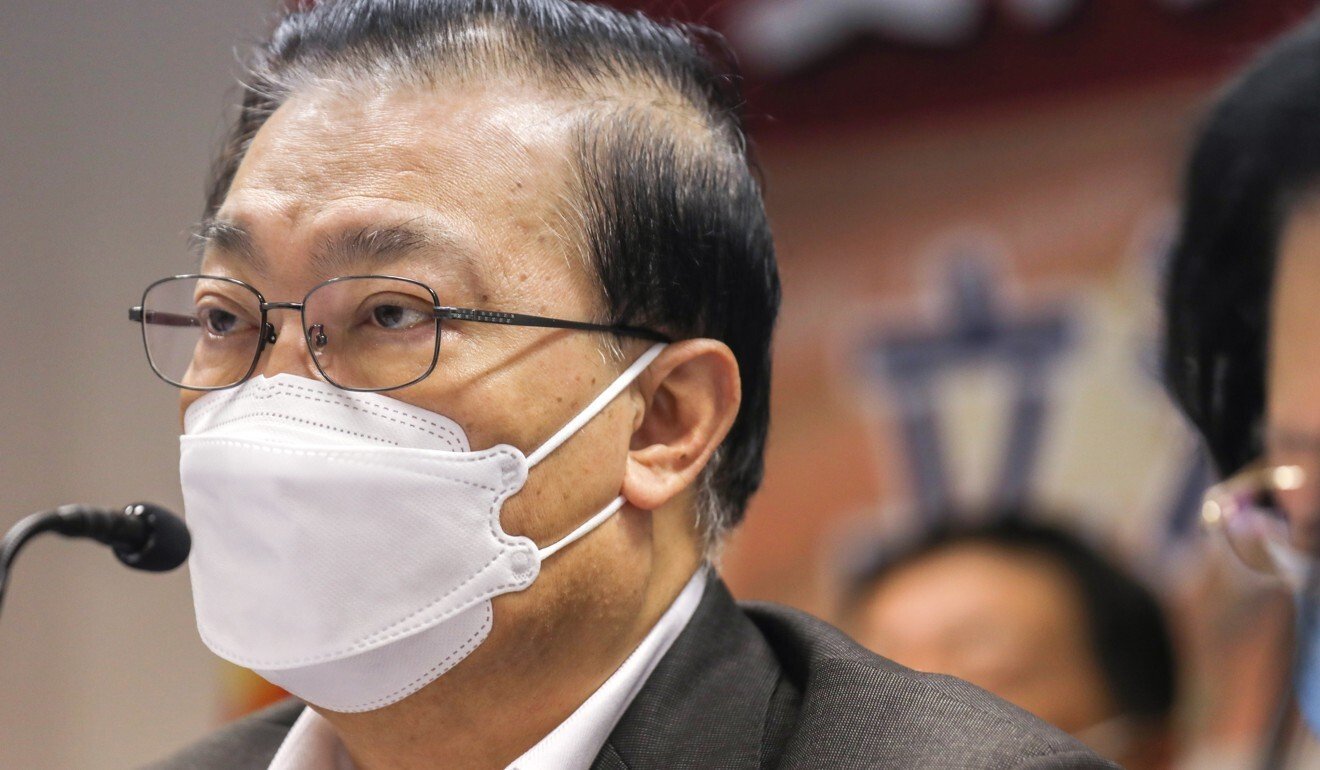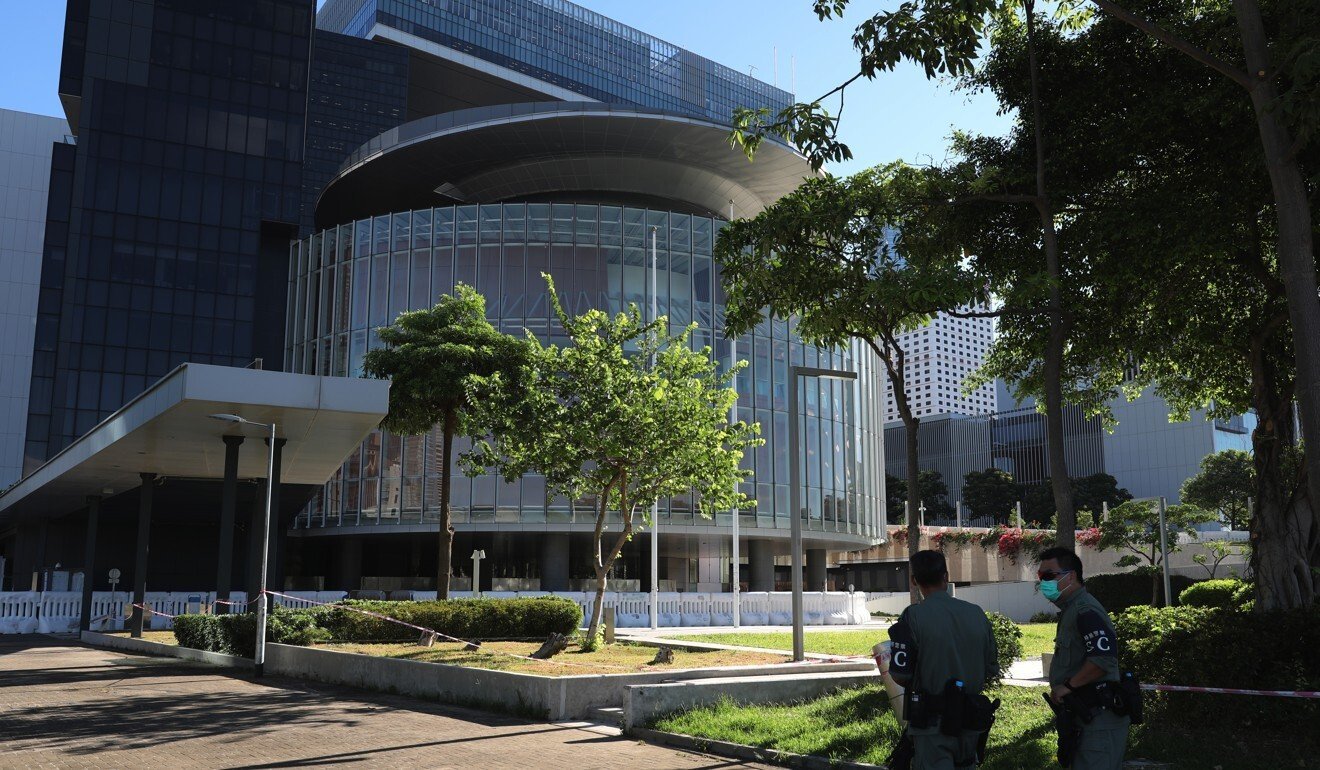Tam Yiu-chung, NPCSC delegate, says concern should be on ‘uncooperative’ bureaucrats instead of rubber-stamping legislature.
A pro-Beijing heavyweight in Hong Kong has urged the city’s leader to improve efficiency in tackling long-standing issues such as land planning and unemployment, saying these should be top priority since all opposition lawmakers had resigned from the legislature.
Tam Yiu-chung, Hong Kong’s sole delegate to the National People’s Congress Standing Committee (NPCSC), China’s top legislative body, also hit out at some civil servants for being “uncooperative”.
He said critics should be concerned about such bureaucrats, rather than over pro-establishment legislators letting through all government proposals in the Legislative Council.
The NPCSC approved a resolution on Wednesday requiring the removal of any Legco member found to have violated their duty of allegiance or endangered national security. Four sitting opposition lawmakers – who were earlier barred from running again by electoral officials – were immediately disqualified and their colleagues quit en masse in protest.

Tam, a former pro-establishment lawmaker, was asked on a Sunday radio programme if Legco would become a rubber stamp with no opposition.
Dismissing such concerns, Tam insisted that the 41-member pro-establishment camp would do their best to pile pressure on the administration to prioritise policies and help residents cope with the economic impacts of Covid-19.
He said rather than questioning the remaining lawmakers, critics should worry about civil servants who had not been cooperative in policy implementation.
“I often hear that even when the chief executive and senior officials wanted to [push forward some policies], civil servants always had many excuses. Some would just say they cannot do it or have no time,” he claimed.
“This is not acceptable in society today … We shouldn’t let people down.”
Pan-democratic lawmakers have strongly opposed several government proposals, such as the ambitious Lantau Tomorrow Vision development project and the plan to allow Hongkongers living in mainland China to vote in city elections.
Analysts believed that with the opposition camp’s mass resignation, the government would be keen to push these proposals through Legco as soon as possible.
Tam did not dispute the urgency of the policies, but he said the government should also make the best use of the remaining seven months of the extended Legco term to initiate reforms on improving efficiency.

That could be done by amending laws to shorten statutory procedures of the Town Planning Board, and introducing emergency unemployment subsidies among other one-off measures to help residents cope with the Covid-19 pandemic, Tam said.
“Civil servants have rich experience in designing mechanisms to prevent abuse of aid … The implementation depends on whether they really care about this and are conscientious about the issue,” he said. “With no more filibustering to stall Legco proceedings, the government should be more decisive and efficient.”
Beijing’s resolution that resulted in the disqualification of four opposition lawmakers has triggered a backlash from foreign governments. The Civic Party’s Alvin Yeung Ngok-kiu, Dennis Kwok and Kwok Ka-ki, as well as Kenneth Leung of the accountancy sector were earlier barred from re-election,
with officials citing the national security law and calls for foreign intervention.
US Secretary of State Mike Pompeo slammed China’s “onslaught” against freedom in Hong Kong, while the British minister for Asia, Nigel Adams, told his parliament that London was considering sanctions against individuals in China. British Foreign Secretary Dominic Raab had also accused Beijing of breaching the Sino-British Joint Declaration by imposing new rules to disqualify elected lawmakers in Hong Kong.
Tam, a Beijing loyalist, said the Chinese government would not be deterred by these foreign threats. He said US officials made remarks only to “curb China’s rise”, while London should not intervene in Hong Kong’s affairs as the joint declaration was only “a historical document that no longer had practical significance”.
The 1984 agreement, signed by then-British prime minister Margaret Thatcher and Chinese premier Zhao Ziyang, laid out the terms of Hong Kong’s handover after a century and a half of British colonial rule.
It also guarantees the city’s rights and freedoms under the “one country, two systems” formula.















